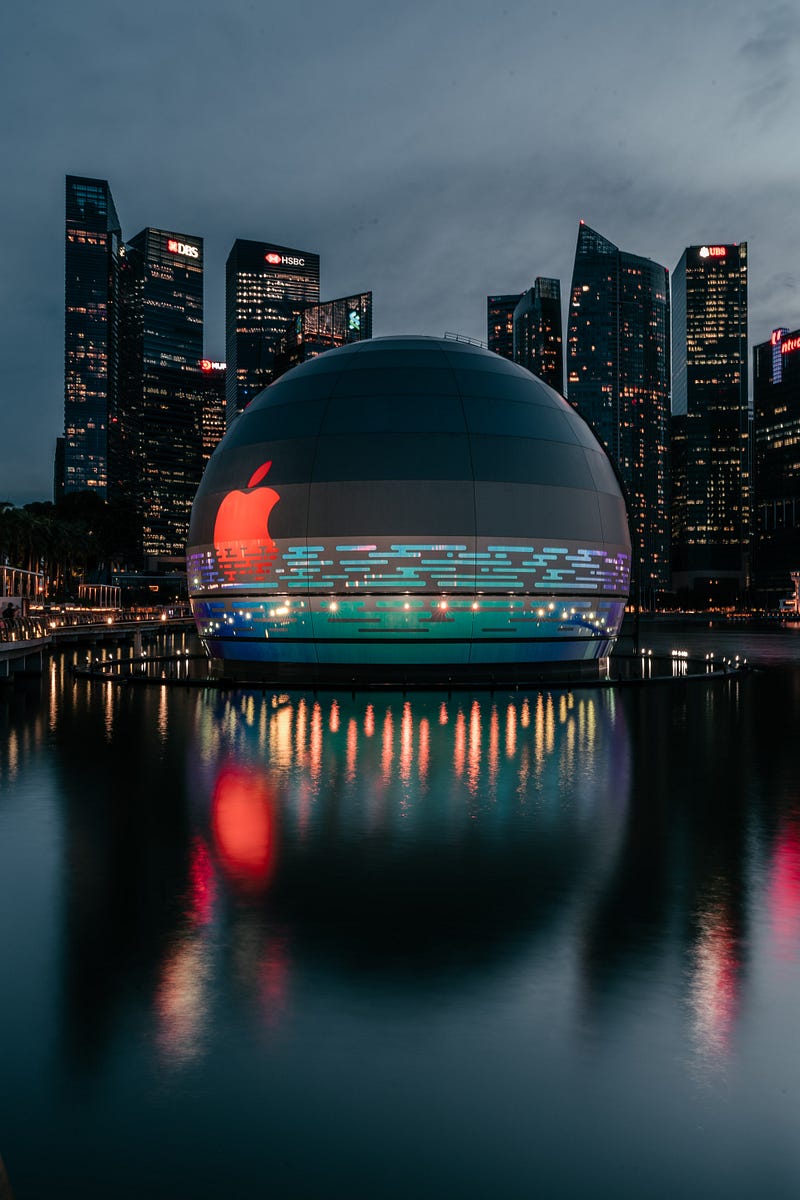Elon Musk's Latest Move: Engaging in a Losing Battle with Apple
Written on
The Rise of Conflict
Elon Musk has a penchant for stirring up controversy, a trait evident throughout his tumultuous leadership of Twitter. From the pre-acquisition legal battles to the subsequent tumult caused by his management decisions, his disdain for regulatory authorities, and his ongoing quest to be the internet's foremost provocateur, Musk seems to revel in challenging both external and internal adversaries.
Recently, however, he has chosen to confront one of the world's largest corporations: Apple Inc. This is a confrontation that Musk is unlikely to win. No amount of legal maneuvering, public embarrassment, or financial resources can compel Apple to rescue Twitter from the turmoil Musk has instigated.
Musk's latest tussle began, as many conflicts do these days, with disheartening news regarding advertising. He tweeted that Apple had "largely ceased advertising on Twitter," a setback for a platform that has already suffered a significant blow to its $5 billion annual advertising revenue. The Washington Post reported that Apple was the top advertiser on Twitter, spending $48 million on ads during the first quarter of 2022, which accounted for over 4% of Twitter's revenue during that time. Thus, any reduction in Apple's advertising is a significant concern for both Twitter and Musk.

Musk Lacks Leverage Over Apple
Typically, a CEO would have their advertising team reach out to Apple to ensure a smooth partnership. Unfortunately, the individual responsible for such communications left shortly after Musk assumed control. Moreover, Musk has seen more than half of his internal legal team depart. These experienced lawyers might have advised against Musk's provocative tweet about Apple, which ended with a question: "Do you hate free speech in America?" He also asked Apple CEO Tim Cook, "What’s going on?" This seems like an attempt to pressure Apple into increasing its ad spend on Twitter, but what will it actually achieve?
Musk's assertion that Apple reduced its advertising on Twitter and threatened the platform's access to the App Store lacks substantiation. However, it is documented that both Apple and Google were concerned about moderating hate speech and other harmful content on Twitter even prior to Musk's takeover. Yoel Roth, Twitter's former head of trust and safety, noted in a New York Times op-ed that Apple and Google "regularly raised concerns about the content available on our platforms." Roth warned that failure to adhere to Apple and Google's guidelines could be disastrous and that removal from the app stores could cost billions in potential revenue.
Despite Musk's claims, the changes he has implemented have likely increased the likelihood of Twitter's removal from the App Store. The team once responsible for monitoring child pornography on Twitter has reportedly dwindled to just one individual, and Musk's blanket reinstatement of previously banned accounts has allowed problematic users to return.
Musk's Narrative of Censorship
Musk's ongoing complaints about Apple's alleged "censorship" coincide with his claims that he is preparing to release a Twitter file regarding the suppression of free speech. He has expressed feigned surprise at the revelation that a majority of Apple employees contributed to Democratic campaigns during the midterm elections, conveniently overlooking his own encouragement for Twitter users to vote Republican.
This latest attack on Apple also highlights Musk's alignment with popular right-wing rhetoric. He seems to be positioning himself against what he perceives as an oppressive Big Tech. Florida Governor Ron DeSantis recently remarked that banning Twitter from Apple's App Store would be a "significant error" and a misuse of monopoly power that warrants Congressional action.
While there are legitimate concerns about the level of control that Apple and Google exert over the internet through their app stores, Musk's grievances with Apple appear misplaced. He is correct to criticize Apple's 30% cut on in-app purchases, yet his claims lack evidence.
In the end, Musk's decision to target Apple as a scapegoat for Twitter's struggles underscores a fundamental misunderstanding of the dynamics at play. He seems unaware that he himself is part of the very Big Tech he criticizes. The culture war he is attempting to ignite is a precarious one; if Apple truly had the power to dismantle Twitter, they could do so far more swiftly than Musk could manage.
Chapter 2 Title
This video discusses whether Elon Musk has made a significant error with his recent actions against Apple and what implications it could have for Twitter.
In this video, a YouTuber poses a critical question that may help Elon Musk enhance the Starship project, illustrating the intersection of public feedback and innovation.